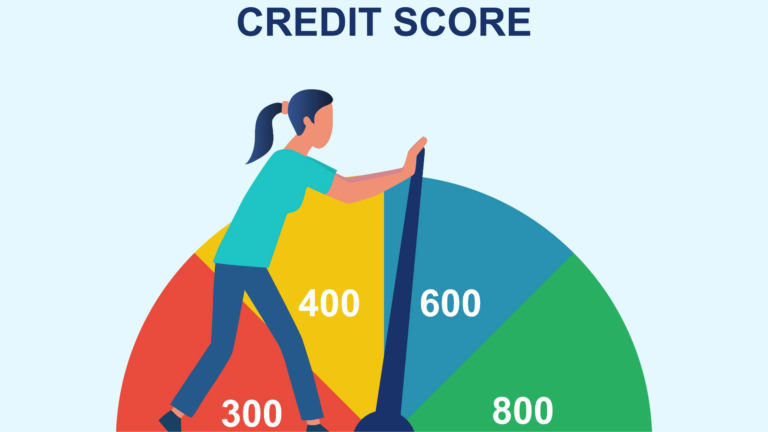If you’re looking to improve your credit score, you’re not alone. Many people find themselves needing to repair their credit due to past financial mistakes, unforeseen circumstances, or simply a lack of understanding about how credit works. The good news is that repairing your credit is possible with the right approach and persistence. Here’s a step-by-step guide to help you get started on your journey to a better credit score.
1. Understand Your Credit Report
The first step in repairing your credit is to understand your current situation. Request a free copy of your credit report from the major credit bureaus (Experian, Equifax, and TransUnion). Review your report carefully, looking for any inaccuracies or errors that may be negatively affecting your score. Common errors include incorrect account information, outdated balances, or accounts that don’t belong to you.
2. Dispute Inaccuracies
If you find any inaccuracies in your credit report, it’s important to dispute them as soon as possible. You can do this by contacting the credit bureau that issued the report. Provide documentation that supports your claim and request that the incorrect information be corrected or removed. The credit bureau will investigate your dispute and, if it finds in your favor, will update your credit report accordingly.
3. Pay Down High Balances
One of the most significant factors influencing your credit score is your credit utilization ratio, which is the amount of credit you’re using compared to your total available credit. To improve your score, aim to pay down high balances, especially those that are close to or exceeding your credit limit. Ideally, try to keep your credit utilization below 30%.
4. Make On-Time Payments
Your payment history is another major factor in your credit score. Making payments on time, every time, is crucial for improving and maintaining a good credit score. Set up automatic payments or reminders to ensure you never miss a due date. If you’ve missed payments in the past, bring your accounts current and focus on consistent on-time payments moving forward.
5. Avoid Closing Old Accounts
While it may be tempting to close old credit accounts you no longer use, doing so can actually harm your credit score. Older accounts contribute to the length of your credit history, which is another factor in your credit score. Instead of closing these accounts, keep them open and occasionally use them for small purchases, which you can pay off immediately.
6. Be Cautious with New Credit
When you’re trying to repair your credit, it’s important to be cautious about applying for new credit. Each application results in a hard inquiry on your credit report, which can temporarily lower your score. Additionally, opening too many new accounts in a short period can signal to lenders that you’re a higher risk. If you need to apply for new credit, space out your applications and choose wisely.
7. Consider a Secured Credit Card
If your credit is severely damaged, you might consider applying for a secured credit card. A secured credit card requires a cash deposit as collateral, which reduces the risk for the lender. Using a secured card responsibly can help you rebuild your credit over time by establishing a positive payment history and lowering your credit utilization ratio.
8. Be Patient and Persistent
Credit repair doesn’t happen overnight. It takes time to see significant improvements in your credit score, especially if you’re dealing with serious issues like late payments or high balances. Be patient and stay persistent. As you implement these steps, your score will gradually improve, and you’ll be on your way to achieving a better financial future.
9. Seek Professional Help if Needed
If you’re feeling overwhelmed or unsure about how to repair your credit on your own, consider seeking help from a reputable credit counseling or credit repair service. These professionals can guide you through the process, help you negotiate with creditors, and provide personalized advice based on your specific situation.
Conclusion
Repairing your credit is a crucial step in achieving financial stability and freedom. By understanding your credit report, addressing inaccuracies, paying down balances, and making smart financial decisions, you can gradually improve your credit score. Remember, the key to successful credit repair is patience, persistence, and responsible financial management. Stick to your plan, and you’ll see the results over time.


